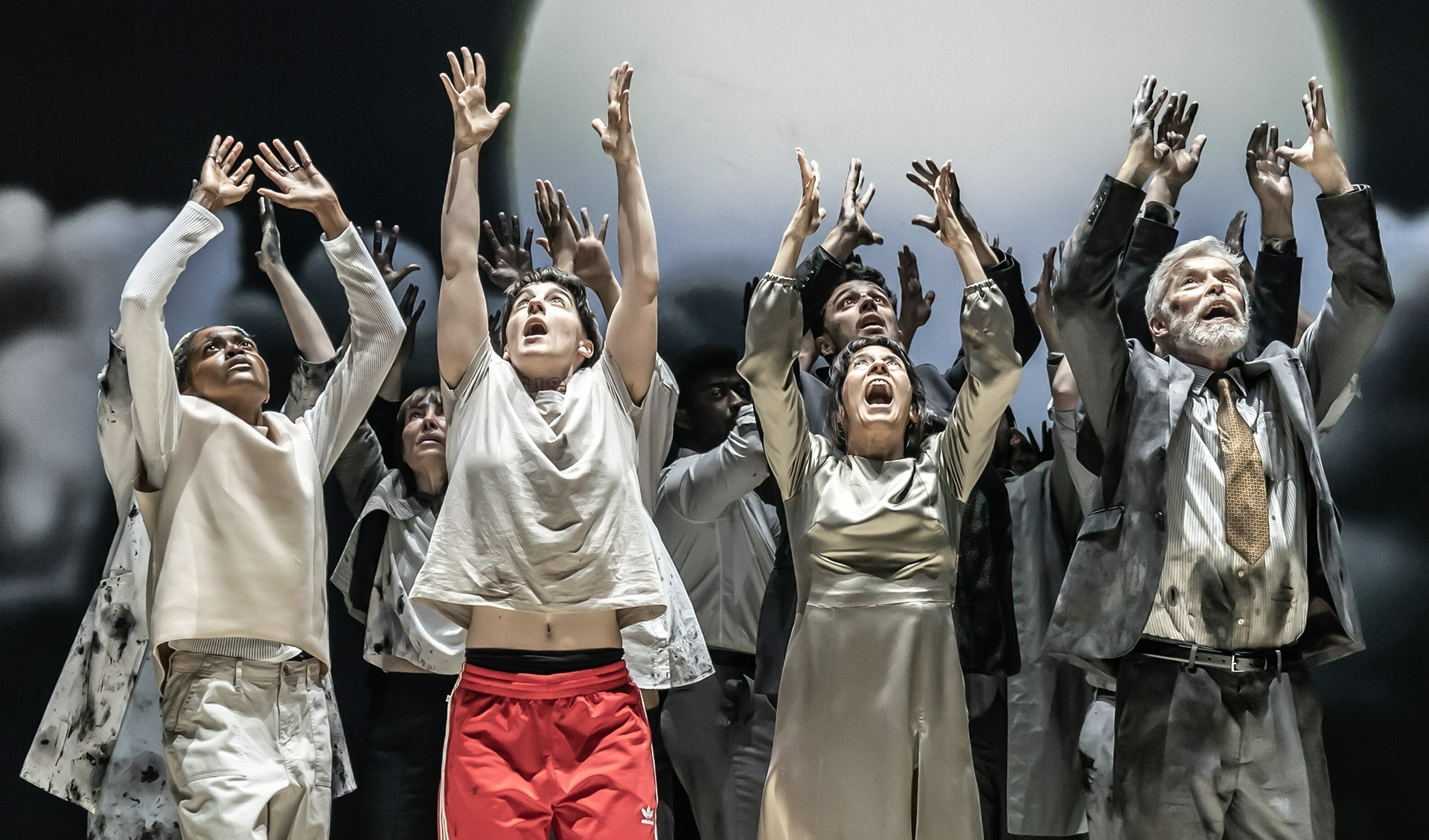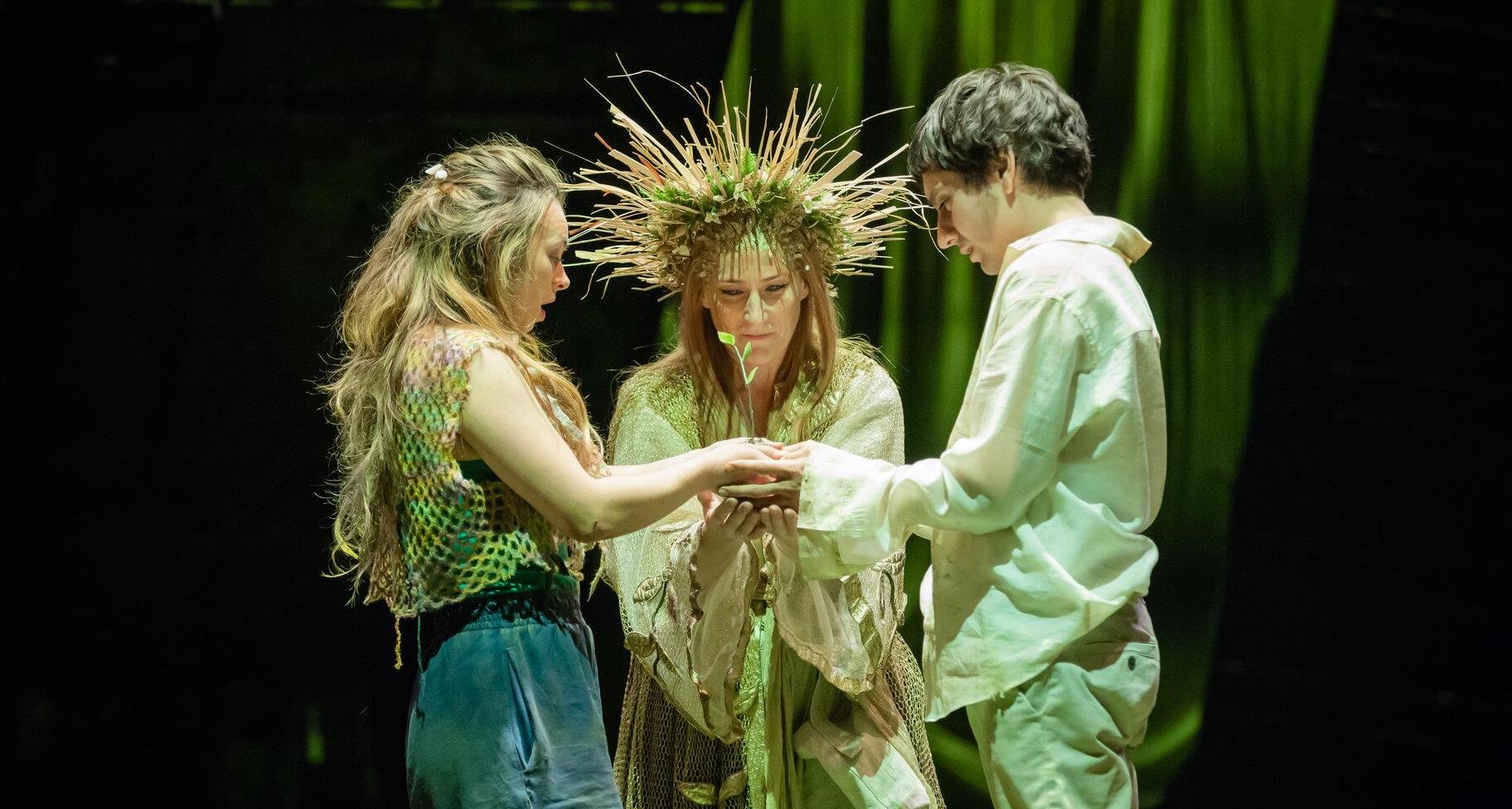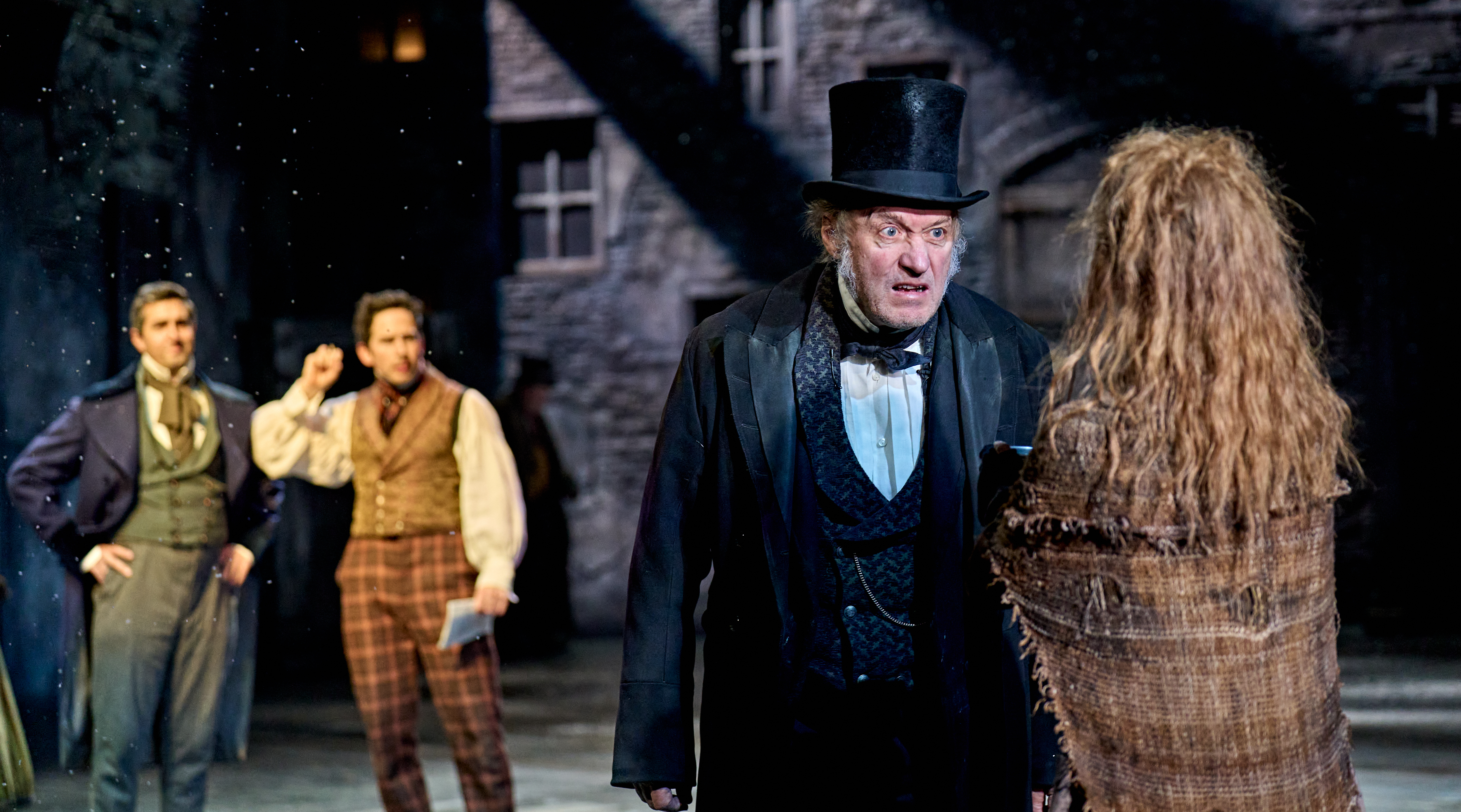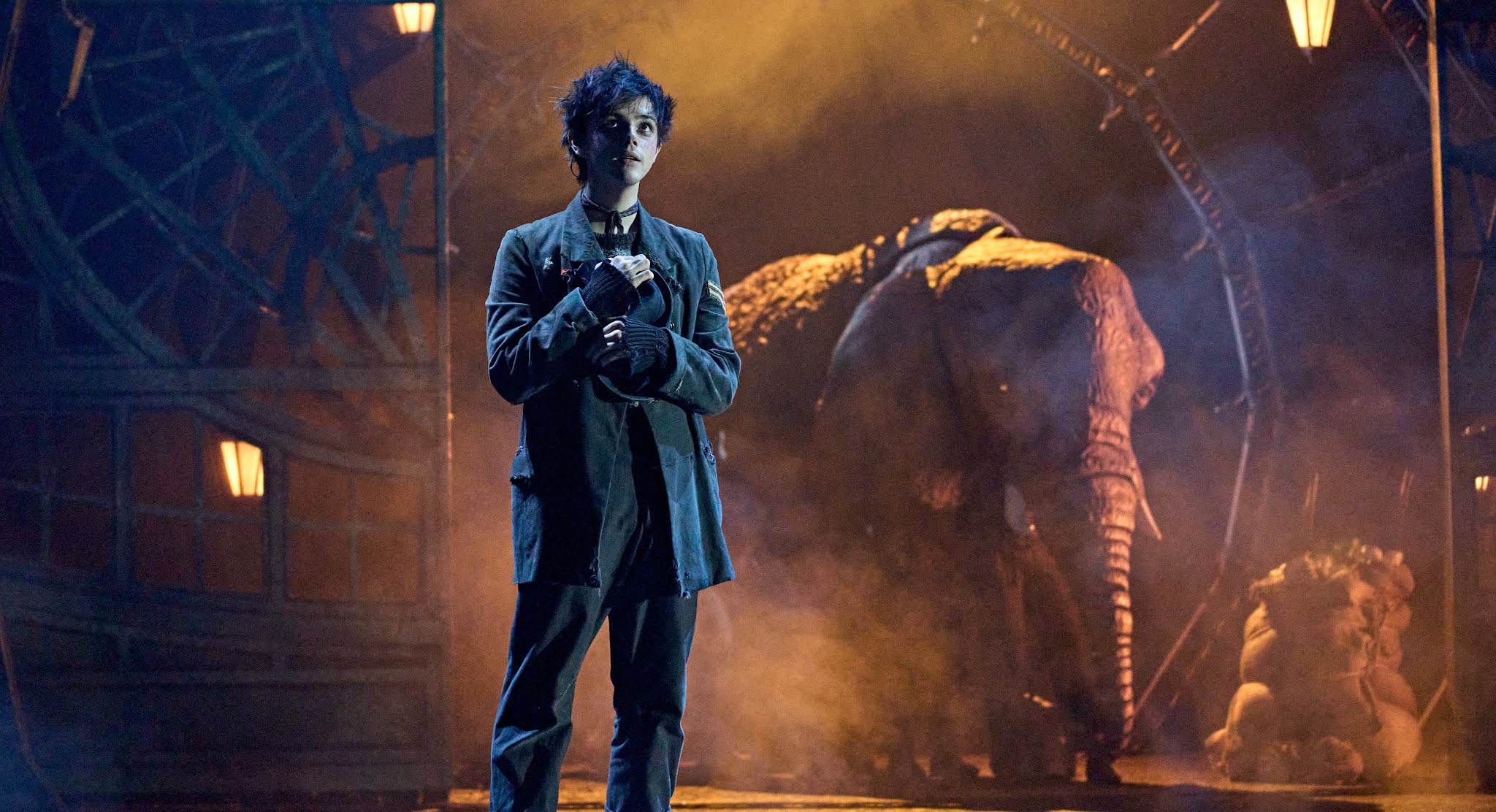There is great pleasure in travelling to Stratford-Upon-Avon to see Shakespeare performed at the theatre and by a company that bears his name. It is a delightful setting and even on a cold spring afternoon, a stroll along the Avon reflecting on its historical heritage and supper in the Theatre’s excellent Rooftop Restaurant makes the trip a special event. The memories of seeing Sir Ian McKellen, Sir Kenneth Branagh, Dame Judi Dench, or Sir Anthony Sher perform the great roles of the canon build the anticipation of seeing a play even if we have seen the title performed before. The RSC has a huge responsibility to showcase the works, to broaden their appeal and enhance and build on its four-hundred-year legacy. The balance between innovation in the staging to “freshen” its appeal and staying true to the historical story is the Director’s responsibility and the choices he makes will determine the success of striking this balance.
Director Atri Banerjee states in the programme he was working “towards a more complex understanding of the world” and that the “Company member's own identities have fed into the show”. Such an approach must also help us, as an audience, understand what we are seeing and what it is saying to us and not distract us from the narrative or leave us confused over the intention. The play is a debate about regime change and the impact on the conspirators and the response from the wider public. To engage with the characters, we need to understand their status in society and feel the gravitas that enables them to carry a crowd but sadly in this production we see people casually dressed apparently of equal status speaking the lines in hysterical rages. He adds a so-called Community Chorus in black gowns who appear as observers with a curious opening to each Act when they blow over the Soothsayer and Cinna before a bizarre stomping dance that feels out of place with the historical narrative. When the assassination takes place black goo is used to symbolise blood and the conspirators remain smeared with it for the rest of the show for no obvious reason. They look like messy painters or printers rather than bloodied murderers.







